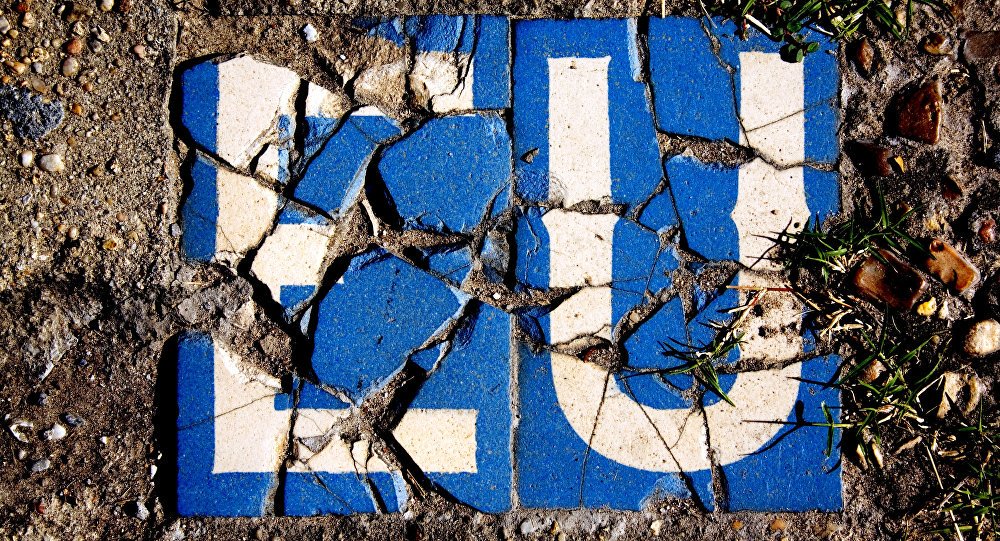Young people in Montenegro are predominantly uninterested in global topics (70%), EU policies (66.6%), political conditions in the Western Balkan region (64%) and political issues in Montenegro (60%)

Nikola Obradović
It is often taken for granted that young people are Euroenthusiastic, and Euroscepticism that is spreading among them is ignored. The factors for this skepticism vary, but mostly include insufficient levels of information young people hold about the benefits provided by EU membership, which is also related to their economic opportunities; we should also not ignore the decreasing interest young people have in political events, both nationally and on a wider and global level. Of course, we can also add the stagnation or even regression of the countries in the region on the way to the EU, as is the case with Montenegro.
This is indicated by the findings of the study by the Center for Civic Education (CGO) “Youth between marginalization, radicalization and potential”, which was run with the support of the American Embassy. Young people in Montenegro are predominantly uninterested in global topics (70%), EU policies (66.6%), political conditions in the Western Balkans region (64%) and political issues in Montenegro (60%). This is accompanied by apathy, so two-thirds (66.6%) of young people believe that they have little or no influence on processes and institutions, a little more than a quarter believe that they have some influence (27.6%), and only one in six young respondents believe that they can influence a change of the system.
So, the exclusion of young people from key events also distances them from EU integration. The responsibility for that lies with those who present themselves as the bearers of that most important political process for Montenegro, and who made it meaningless by reducing it to a marginal and technical issue that is only seemingly at the top of the political agenda.
The ongoing political crisis in Montenegro, along with accompanying economic, social and other negative consequences, is gaining in gravity due to irresponsible and populist authorities, as well as the intensified collapse of institutions and the absence of necessary changes. CGO recently presented data that indicate that the network of negotiating working groups is dormant and that the most important front of domestic European politics does not maintain even a minimum of activity towards strengthening Montenegro towards reaching EU standards.
That is is why the youth’s lack of interest in EU policies should be considered in a wider, unstimulating, context – in addition to the above, they are more than ever exposed to the great influence of fake news, a significant part of which refers to the distribution of misinformation and the spread of anti-EU propaganda, precisely with the aim of strengthening Euroscepticism. In addition, young people’s formative time in Montenegro today is characterized by clericalism and polarization of society. Montenegro has still not shown sufficient strength when it comes to protecting the values of civil society, and as the first visible next member of the EU, it would have to do and deal with current problems for the benefit of future generations, if not those who are witnessing this situation today.
I am of the opinion that a small number of young people in Montenegro are making efforts to change the atmosphere and skepticism when it comes to the EU. It is important to underline that the path from Euroscepticism to Eurooptimism should be gradual and sustainable. I also believe that young people who are engaged in the NGO sector contribute the most to the promotion of positive changes in society and the redirection of currently pessimistic circumstances. This can be seen more widely, as confirmed by the assessment of citizens who trust the NGO sector in Montenegro more than political parties, the Parliament, the Government, the President, the police, the judiciary and the prosecution, which was also shown in one of the last editions of CG Pulse. That is why they should be given as many opportunities as possible in that sector, where party belonging and other characteristics are not important and where they are valued by results, because there is no better way to transform their Euroscepticism into Euroenthusiasm.
Nikola Obradović is a project assistant at the Center for Civic Education (CGO)



Leave A Comment